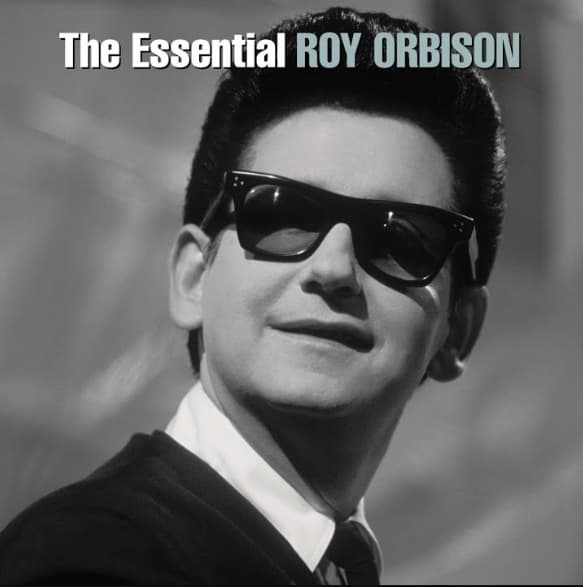
Roy Orbison’s “Working for the Man” encapsulates the endless grind of blue-collar life.
The Melancholy of the Daily Grind: Roy Orbison’s “Working for the Man”
There’s a certain kind of ache that only a Roy Orbison song can truly capture, a profound and elegant sadness that feels both deeply personal and universally understood. For many, that feeling is a beautiful, tragic romance, the kind of sorrow that makes you want to drive all night with the windows down. But in 1962, a different kind of ache found its way onto the B-side of his smash hit single “Leah”. This was the sound of weary resignation, of the relentless and unromantic struggle that defines so many lives. That song was “Working for the Man”, and while it may have been overshadowed by its more famous counterpart, its simple, poignant truth has lingered for those who recognize its rhythm.
“Working for the Man” wasn’t a chart-topper in its own right; it was a quiet, unassuming passenger on the back of a hit record. It was released on the Monument Records label and while “Leah” climbed to a respectable No. 25 on the Billboard Hot 100, its B-side did not chart independently. Yet, this is precisely what gives the song its unique power. It wasn’t meant for the spotlight; it was meant for the quiet moments after a long day, for the solitary drive home, for the sigh of a man who knows he’ll do it all again tomorrow.
The story behind the song is a reflection of its themes. It was co-written by Orbison himself and his long-time collaborator, legendary songwriter Fred Foster. Orbison, known for his operatic voice and dramatic ballads, often explored themes of heartbreak and loss, but here, he turned his gaze to a different kind of burden. The lyrics are straightforward, almost stark: “Well, I gotta work for the man, gotta make a lot of money, gotta pay for a lot of things, and it ain’t no fun, but I gotta do it.” It’s not a narrative in the traditional sense, but a series of snapshots, a list of obligations. The ticking clock, the demanding boss, the bills piling up—these aren’t the stuff of grand tragedies, but the small, everyday pressures that can feel just as crushing. Orbison’s vocal delivery is key. It’s not a theatrical wail, but a low, simmering intensity, a quiet desperation that makes the song feel less like a performance and more like a whispered confession.
The song’s meaning is in its simplicity. It’s a hymn to the working class, a somber acknowledgment of the relentless cycle of labor and obligation. It speaks to the countless people who clock in and out, not out of passion or ambition, but out of necessity. The song isn’t angry; it’s resigned. It doesn’t offer a solution; it simply states a fact of life. It’s a feeling that resonates deeply with those who remember a time when work was less about finding your passion and more about putting food on the table. Orbison’s gentle rockabilly beat, with its steady, almost hypnotic rhythm, mirrors the monotony of the workday. It’s a sound that feels as if it’s been trudging along for hours, a musical representation of the tired feet and heavy heart. In a career defined by soaring vocals and grand romantic gestures, “Working for the Man” stands out as a stark, honest portrait of the unglamorous side of life. It’s a reminder that even the most celebrated artists can find profound beauty in the mundane, and that sometimes, the most resonant stories are not about love lost, but about the quiet dignity of a man just trying to get by.